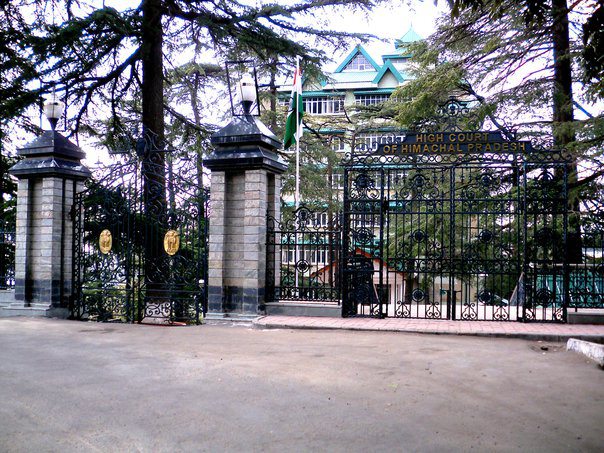University Grants Commission Regulations, 2010; Statute 18(6) of the University; Clause 10.0 and 10.1 of the University Grants Commission Regulations, 2010 – Service Law – Counting of Past Service – Contractual Appointment Regularization – The dispute concerned the regularization of the appellants’ contractual appointments against permanent posts of Assistant Professors in various disciplines at the Central University of Himachal Pradesh.
The appellants, initially appointed on a contractual basis for a period of six months, later sought the counting of their contract service for the purpose of seniority, increment, and promotion under the Career Advancement Scheme (CAS) with all consequential benefits.
The initial appointments on a contractual basis were made by a Committee constituted under Statute 18(6) of the University, chaired by the Vice Chancellor, which comprised relevant academic authorities. Despite being initially appointed on a temporary basis, the appellants were eventually offered regular appointments without any break in service, indicating continuity in their employment.
The Court analyzed the relevant University Grants Commission Regulations, particularly Clause 10.0 and 10.1, which provided for the counting of past service for direct recruitment and promotion under CAS. The Regulations stipulated that ad hoc or temporary service of more than one year duration could be counted if the incumbent was appointed on the recommendation of a duly constituted Selection Committee and selected to the permanent post without any break in service.
The Court referenced a relevant Supreme Court judgment, emphasizing the continuous nature of the appellant’s employment from the initial contractual appointment to subsequent regular appointments. The judgment clarified that such continuous service, meeting the conditions specified in the Regulations, entitled the appellants to the benefit of counting their past contract service for the purpose of CAS.
The Court allowed the appeal, setting aside the impugned judgment, and directed the respondents to count the appellants’ contract service from October 2010 for seniority, increment, and promotion under CAS, with all consequential benefits, including arrears, along with interest at 6% per annum. The decision was made in adherence to the relevant University Regulations and legal principles governing the counting of past service.(Para 7, 9, 10, 11, 13, and 15)
HIGH COURT OF HIMACHAL PRADESH
2023 STPL(Web) 353 HP
[2023 HHC 13569]
Dr. Manpreet Arora And Ors. Vs. Central University Of Himachal Pradesh And Anr.
LPA No. 50 of 2019-Decided on 28-11-2023
https://stpllaw.in/wp-content/uploads/2024/05/2023-STPLWeb-353-HP.pdf







